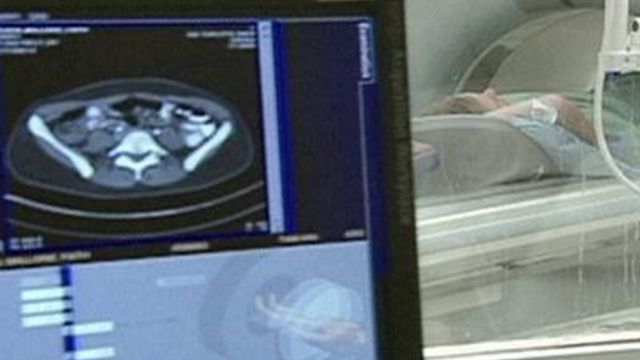One type of stomach cancer on the rise
A new study shows that one type of stomach cancer is on the rise after 50 years of decline among all ages and races in the United States.
Posted — UpdatedA new study shows that one type of stomach cancer is on the rise after 50 years of decline among all ages and races in the United States.
Gastric, or stomach, cancer is the fourth-most common type of cancer and is the second-largest cause of cancer deaths.
Sandy Wilken says her family is very familiar with gastric cancer.
"Our dad died at 75. Our brother died at 50. Our cousin died at 50; she had young children," Sandy Wilken said. "We get days that they did not."
Her niece, Glenda Reimer, lost her stomach to gastric cancer. Sandy Wilken and her sister Mallorie had their stomachs removed because they were at high risk for the disease.
They are part of a study by the National Cancer Institute, who examined gastric cancer rates in a quarter of U.S. adults between ages 25 to 84 over 30 years.
"The study confirmed the previously recognized decline in gastric cancer overall," said Dr. Charles Rabkin, with the National Cancer Institute.
However, the study also showed a 3 percent increase in lower stomach cancers for white Americans between ages 25 and 39.
That type of cancer is most often caused by an infection in the lining of the stomach from the bacteria helicobactor pylori.
"We've confirmed that there may be either a new cause for gastric cancer in that population or perhaps some difference in their helicobactor pylori infection that's contributing to a new risk for gastric cancer," Rabkin said.
The study was published in the Journal of American Medical Association.
Mallorie Wilken said that she, her sister and niece are determined to protect future generations by helping doctors figure out the disease and how people with it can lead full, active lives.
"It's not going to change me at all. I'm not going to let it," she said.
Copyright 2024 by Capitol Broadcasting Company. All rights reserved. This material may not be published, broadcast, rewritten or redistributed.





